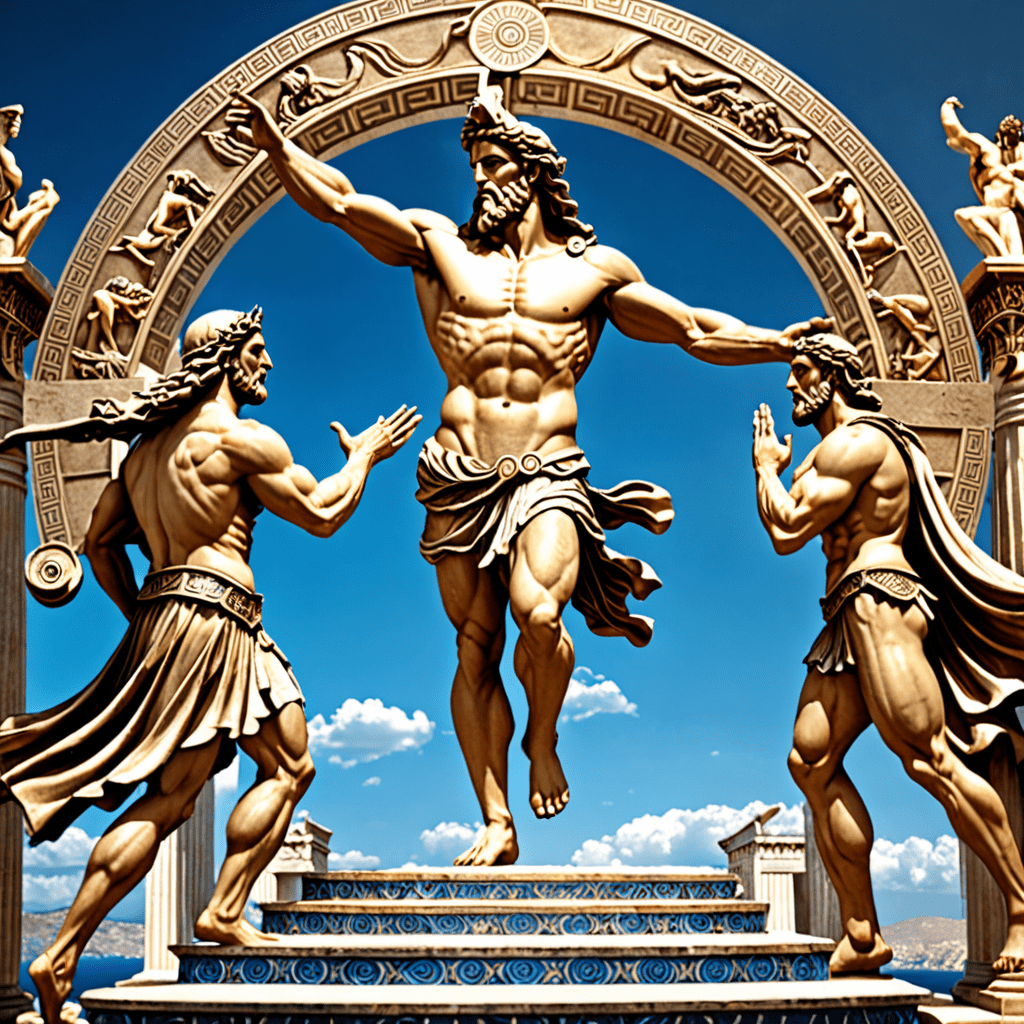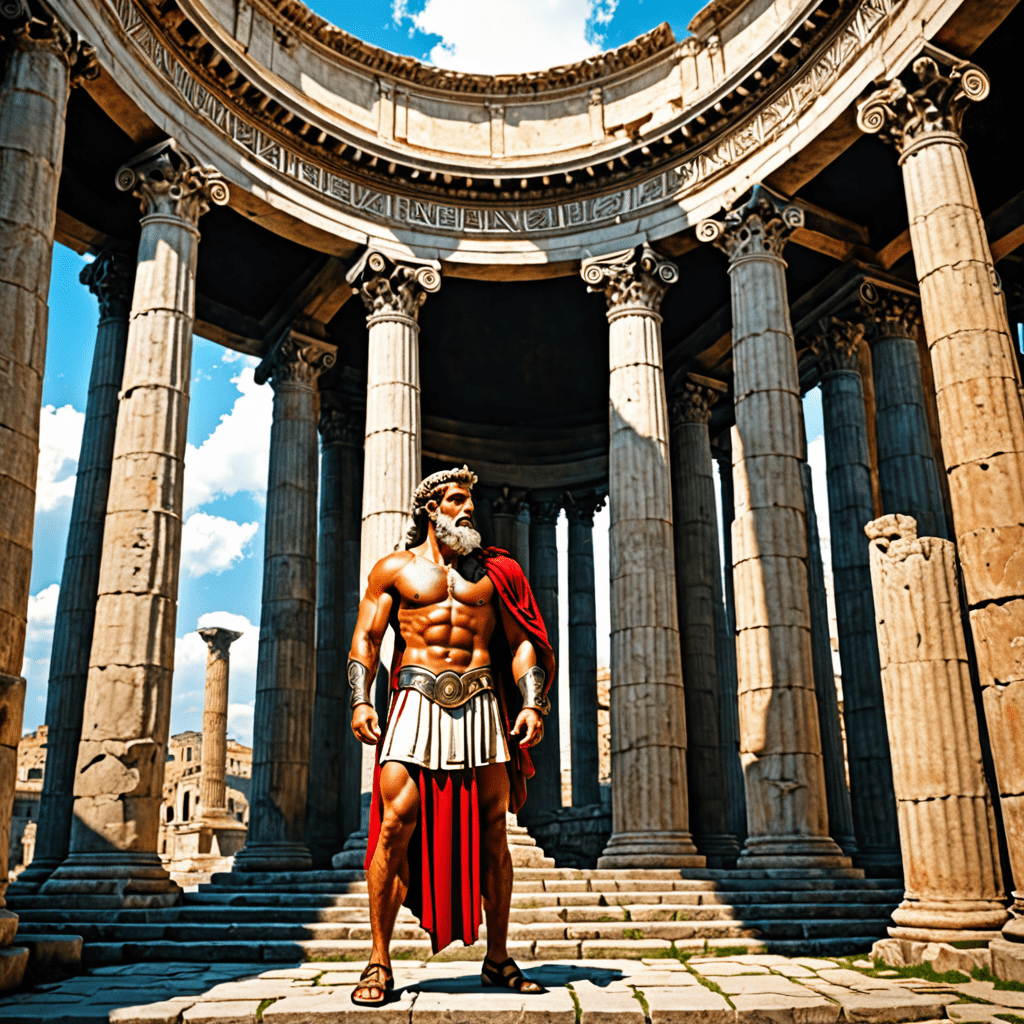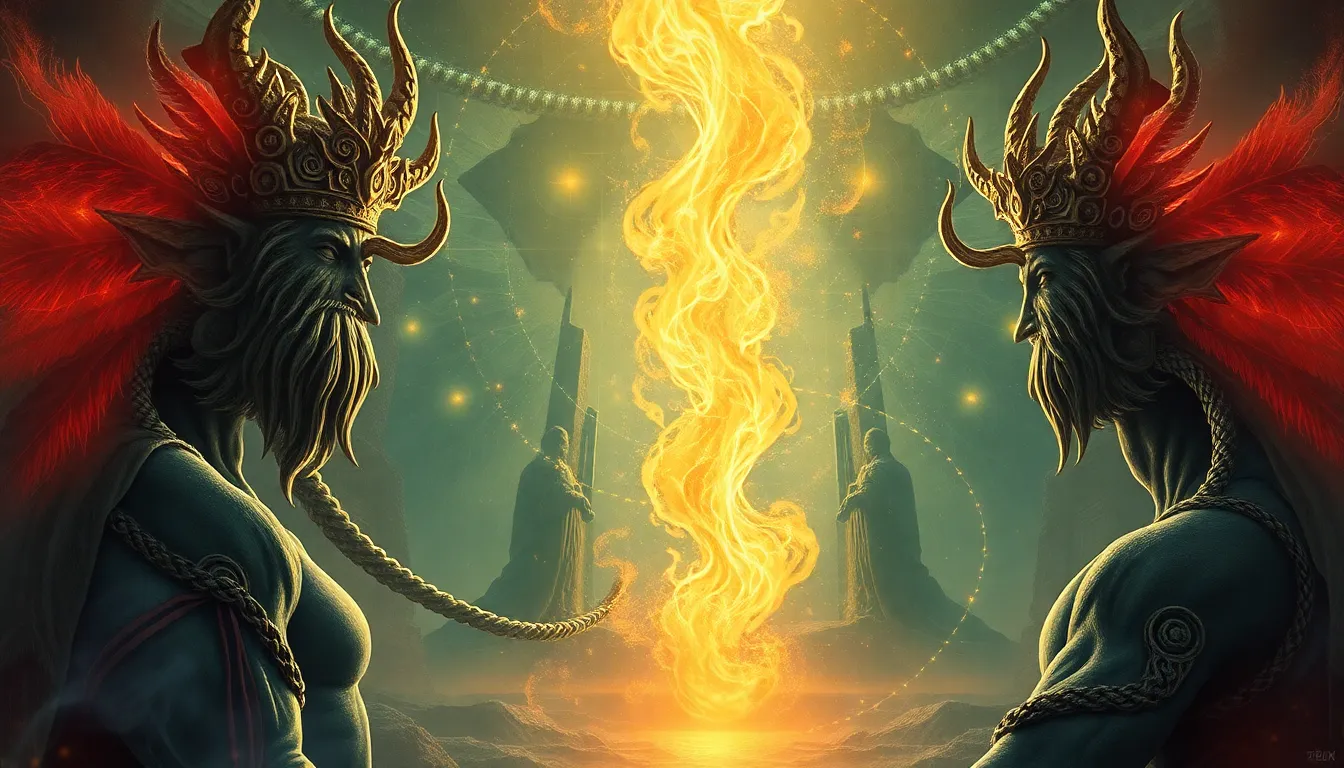Greek Mythology and the Concept of Guidance
Exploring Greek Mythology for Ancient Wisdom
Greek mythology, a rich tapestry of legends and stories, not only captivates with its gods and heroes but also provides profound insights into the human experience. Central to these myths is the idea of guidance – be it from gods, seers, or mentors. Let’s delve into how Greek mythology offers lessons on finding direction and purpose in life through the concept of guidance.
The Divine Guidance of Olympian Deities
In Greek mythology, the Olympian gods, headed by mighty Zeus, often guided and intervened in the lives of mortals. Athena, the goddess of wisdom, guided heroes like Odysseus with strategic counsel, while Apollo bestowed prophecies through his oracle at Delphi. These tales illustrate how divine figures offered advice, protection, and warnings, shaping destinies and serving as beacons of guidance.
The Role of Seers and Prophecies in Greek Mythology
Seers and oracles played crucial roles in Greek myths, offering foresight and interpreting signs from the gods. The most renowned oracle, the Pythia at Delphi, channeled Apollo’s wisdom and provided cryptic guidance to seekers. From the prophecies of the blind seer Tiresias to the warnings of the Sibylline Books, Greek mythology showcases how individuals sought and sometimes struggled with the guidance of these mystical figures.
Mentors and Heroes: Lessons in Personal Guidance
Beyond divine intervention, Greek mythology also emphasizes mortal guidance through mentorship and heroic journeys. Heroes like Hercules had mentors like Chiron, the wise centaur, who imparted wisdom and skills. The story of Jason and the Argonauts exemplifies how guidance from the sage hero Heracles and the goddess Hera assisted in overcoming challenges. These tales highlight the importance of seeking guidance from experienced mentors to navigate life’s difficult paths.
In conclusion, Greek mythology weaves a tapestry of guidance through divine beings, seers, and mentor figures, offering timeless lessons on finding direction and purpose. Whether through the wisdom of the gods or the counsel of mortal guides, these stories continue to inspire and illuminate the path to self-discovery and growth. By delving into these myths, we can glean valuable insights on seeking and heeding guidance in our own lives.
FAQs about Greek Mythology and Guidance
What is Greek mythology?
Greek mythology refers to the collection of myths and stories created by the ancient Greeks to explain the origins of the world, natural phenomena, and the lives and adventures of gods, goddesses, and heroes.
How does Greek mythology incorporate the concept of guidance?
In Greek mythology, beings like gods, goddesses, and heroes often provide guidance, wisdom, and advice to mortals facing challenges or embarking on quests. For example, Athena offers guidance to Odysseus in “The Odyssey” to help him navigate his journey home.
Which mythological figures in Greek mythology are known for providing guidance?
Figures like Athena, the goddess of wisdom, strategy, and warfare, Hermes, the messenger of the gods and guide of souls, and Chiron, the wise centaur known for his mentorship of heroes, are commonly associated with offering guidance in Greek myths.
How is the concept of guidance in Greek mythology relevant today?
The themes of guidance, mentorship, and seeking wisdom from higher beings or experienced individuals, as seen in Greek mythology, continue to resonate in modern storytelling, literature, and personal development narratives. The idea of seeking guidance for personal growth and overcoming challenges remains universally compelling.



